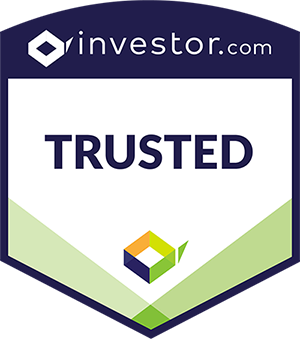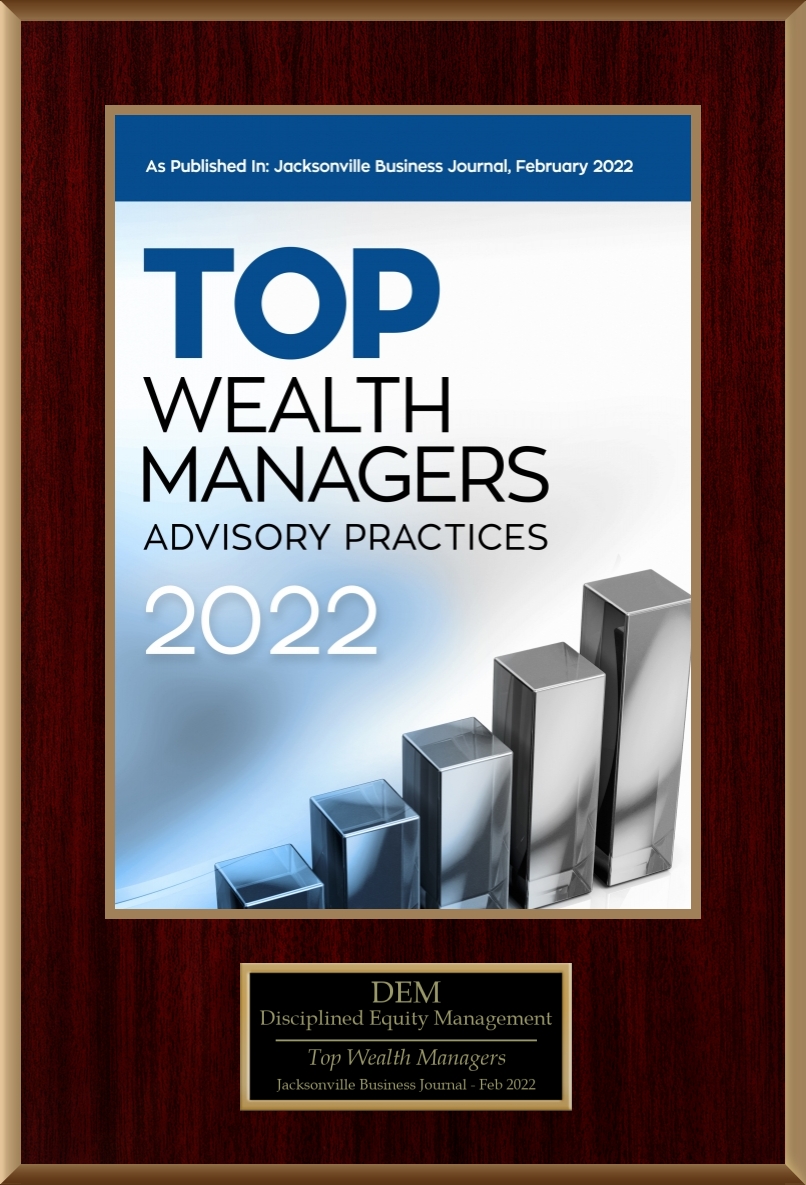2023 Q1 Newsletter
“It is not the strongest of the species that survives, not the most intelligent that survives. It is the one that is the most adaptable to change.”
Charles Darwin
Just when you thought the turbulence of the past three years might finally subside, 2023 ushered in a slew of new geopolitical and economic worries. The war in Ukraine is escalating into a proxy war between Russia and the West. China continues to threaten armed hostilities toward Taiwan. Two of the world’s largest banks failed seemingly overnight. Inflation remains stubbornly high despite the Federal Reserve’s sharpest rate spike on record. The US national debt continues to skyrocket. And the leading Republican candidate in the 2024 presidential race has been indicted on felony charges. So much for the tranquility we all hoped for.
So how did the great companies of the world behave amid this chaos? After experiencing significant volatility, the MSCI All Country World Index closed the first quarter of 2023 higher by 7.4%.
Huh?
Great companies are run by the world’s smartest people—Ivy League graduates who climb the corporate ladder to serve as chief executive officers, talented accountants who earn the position of chief financial officer after years of diligent number crunching, exceptional workers whose in-depth knowledge of a company’s operations elevates them to chief operating officer, etc. Exceptional businesses attract brilliant leaders who rise to the top, and in turn, these leaders are incentivized to make rational decisions in favor of the enterprises they run. Over the long run, strong companies become even stronger, naturally outperforming weaker organizations.
Case in point: Over the past several years, the leadership at Silicon Valley Bank (SVB) rationalized a major decision: to focus on a very narrow client base consisting almost entirely of tech entrepreneurs. As the tech industry boomed during the COVID years, it took in billions in deposits which they dutifully parked in seemingly safe US Treasury bonds. Frustrated with near-zero interest rates at the short end of the yield curve, however, SVB began investing in long-term bonds in hopes of earning a few extra basis points on the bank’s capital. But as the Fed unleashed the steepest interest rate hike campaign in history, tech companies suddenly found themselves struggling to raise capital—and the value of long-term bonds plummeted. As their depositors were compelled to withdraw their cash reserves to fund growth, SVB was forced to liquidate its bond holdings at a substantial loss. The result: a death spiral that ultimately triggered the bank’s collapse.
Meanwhile, on the opposite side of the country in Acton, Massachusetts, the leadership at a company called Insulet was nearing success in its vital mission: to eliminate the diabetic’s burden of multiple daily insulin injections. Years of rational investments and wise development decisions ultimately produced Omnipod—a tubeless, wearable, pod-based insulin management system that now generates over $1.3 billion in revenue from users in 24 countries. The result: Insulet (the strong) replaced Silicon Valley Bank (the weak) in the S&P 500 Index on March 15, just days after the bank’s collapse.
And so it goes. The invisible hand of capitalism constantly incentivizes companies to grow revenue, lower costs, and increase profits and dividends for their shareholders. Regardless of what is going on in the world, Economic Darwinism ensures the inevitable outcome: strong companies that adapt and evolve triumphantly survive while weak companies wither and go extinct. Despite the many versions of “crises” that have come and gone over the past 200-odd years, Jeremy Siegel’s peerless research in his classic “Stocks for the Long Run” estimates the aggregate total real return of US equities has been 7% in excess of inflation. As rational, disciplined, and lifelong equity investors, we find this to be a powerful argument for our enduring success, especially during times of global chaos and uncertainty.
As previously communicated, Charles Schwab will finalize its acquisition of TD Ameritrade on September 5, 2023. Details of the transition will be provided via our existing TDA portals (www.advisorclient.com/login) and our new Schwab portals (welcome.schwab.com). And don’t forget to RSVP for DEM’s 25th Anniversary Celebration on Friday, June 23, at the Margaritaville Resort in Jacksonville Beach!
And as always, words cannot express our sincerest gratitude for the privilege of serving as your family’s trusted advisor.
Don Davey
Senior Portfolio Manager
Disciplined Equity Management
Plan Appropriately, Invest Intelligently, Diversify Broadly, Ignore the Noise



